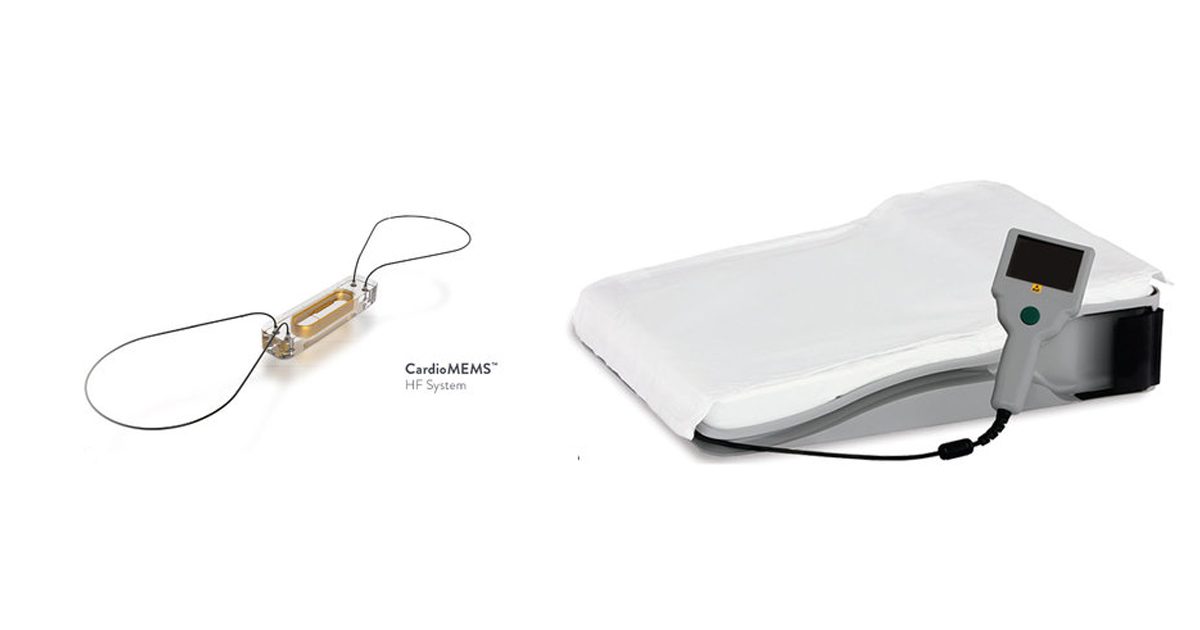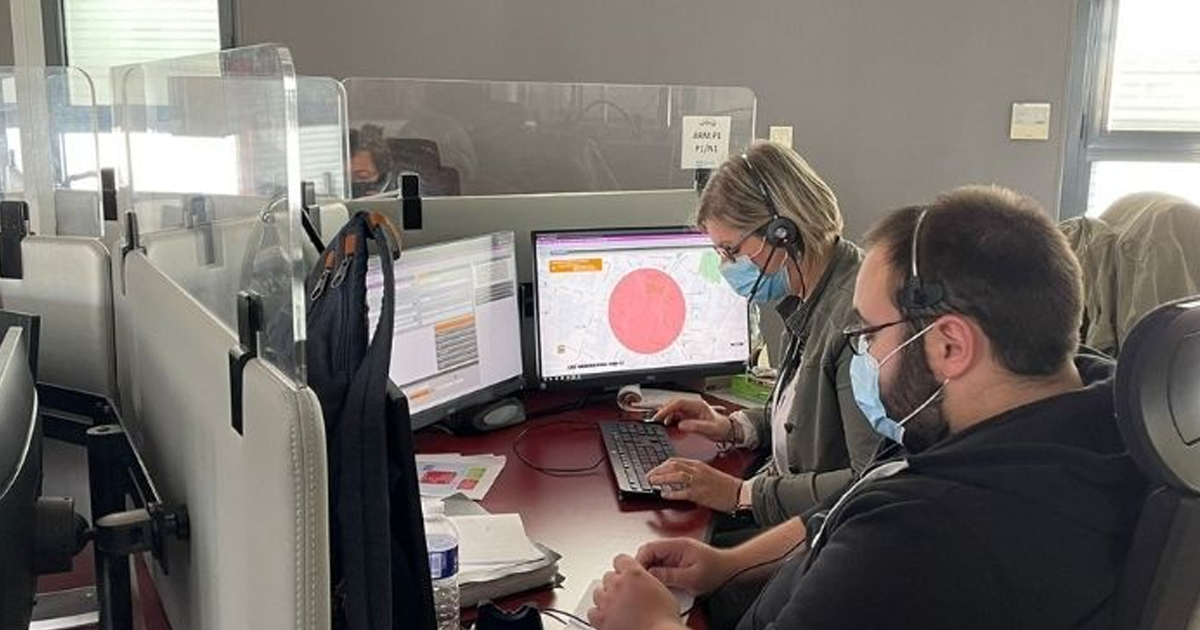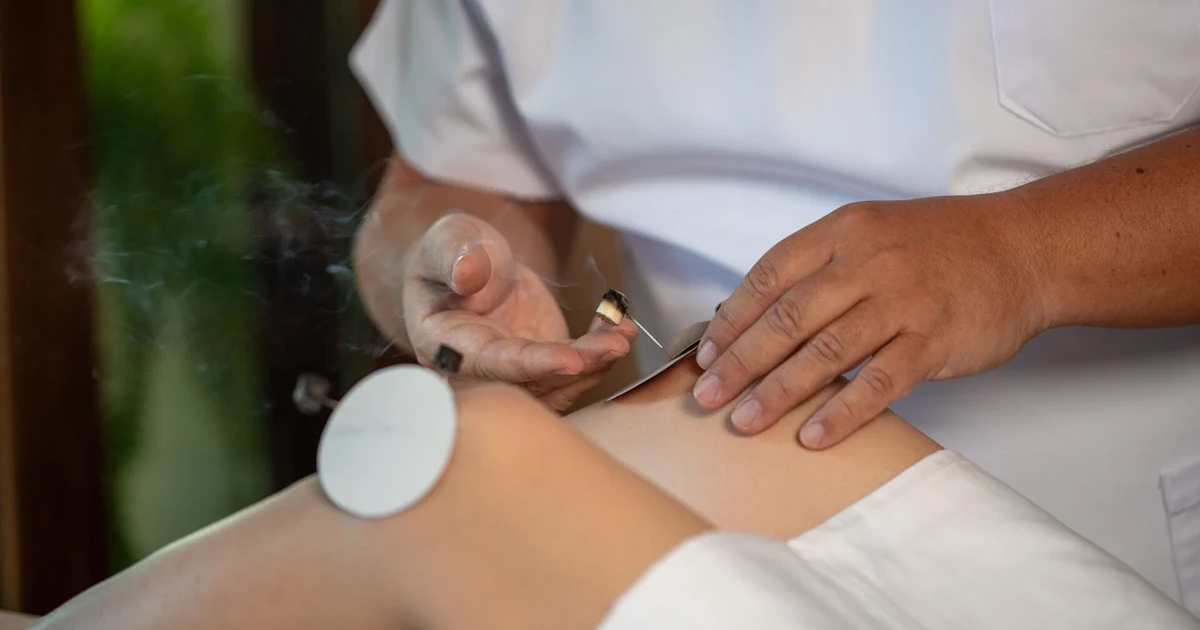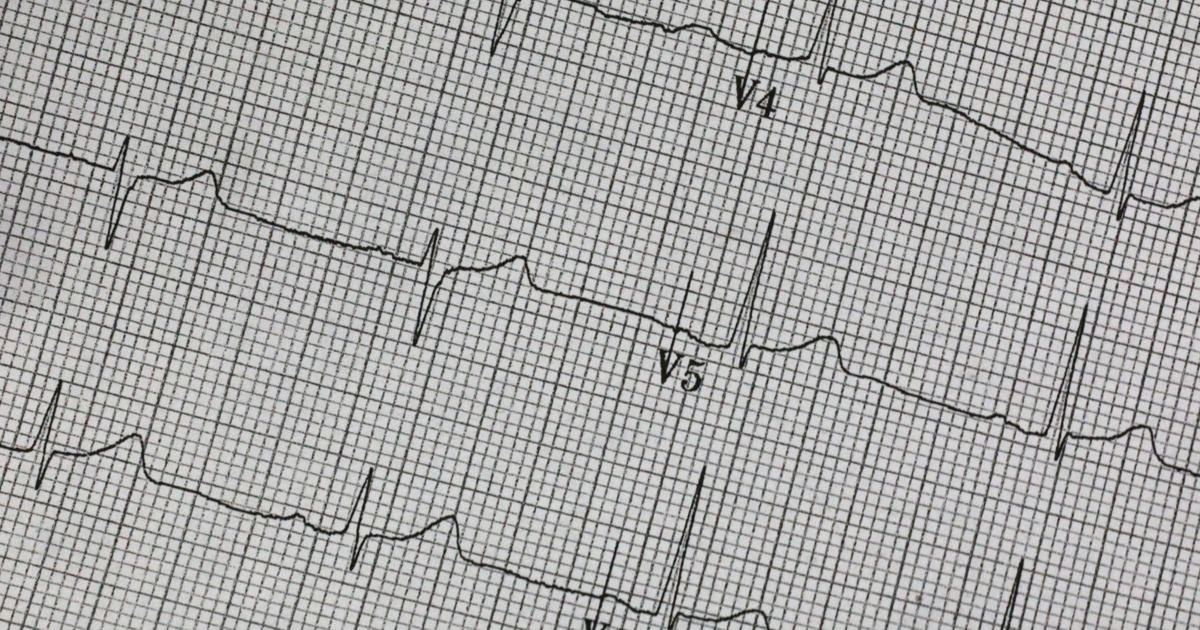La Administración de Alimentos y Medicamentos de Estados Unidos (FDA), aprobó una indicación expandida para el sistema de monitoreo remoto CardioMEMS de Abbott.
En febrero, la compañía farmacéutica Abbott, anunció que la FDA, otorgó la aprobación al sistema CardioMEMS, que tiene como objetivo apoyar en el cuidado de personas que viven con insuficiencia cardiaca. Este sistema consiste en un sensor que alerta tempranamente a médicos sobre la condición de salud del paciente y la posibilidad de que la insuficiencia cardiaca empeore.
Abbott explicó en un comunicado que más de 6.2 millones de estadounidenses viven con insuficiencia cardiaca, cifra que se duplicaría para el 2030. En este sentido, los sistemas de monitoreo remoto pueden mejorar la atención hacia los pacientes y hacer que los especialistas actúen de manera más rápida para evitar complicaciones.

“El sensor CardioMEMS es un dispositivo del tamaño de un clip que, una vez colocado en la arteria pulmonar durante un procedimiento mínimamente invasivo, monitorea los cambios de presión que indican un empeoramiento de la insuficiencia cardíaca”, explica la compañía.
De esta forma el sensor es capaz de transmitir de forma inalámbrica información sobre lecturas diarias de presión al equipo clínico del paciente, permitiendo que los médicos realicen cambios en la terapia para controlar la progresión de la enfermedad a una etapa posterior y más grave. De igual forma, el sistema permite que los pacientes tomen el control de su enfermedad desde donde se encuentren.
Además, este tipo de sistemas de monitoreo remoto han demostrado en pruebas clínicas que son capaces de reducir hospitalizaciones de pacientes en etapas avanzadas de enfermedades cardiacas. De hecho, el sistema CardioMEMS fue sometido a un ensayo clínico en el cual participaron 3 mil 600 pacientes. “CardioMEMS demostró una reducción significativa del 19 % en el criterio de valoración compuesto del estudio y una reducción del 28 % en hospitalizaciones por insuficiencia cardiaca”, explica Abbott.







